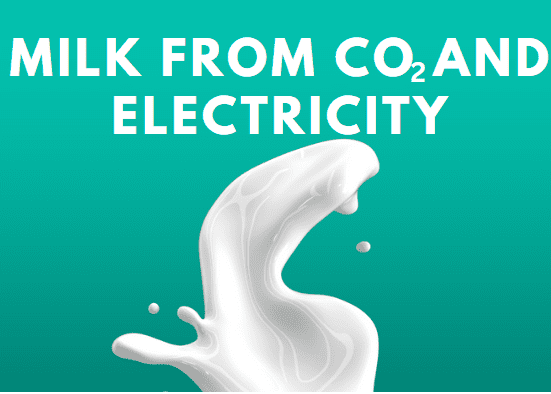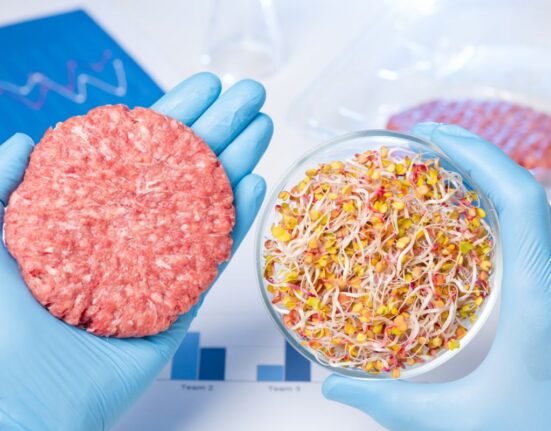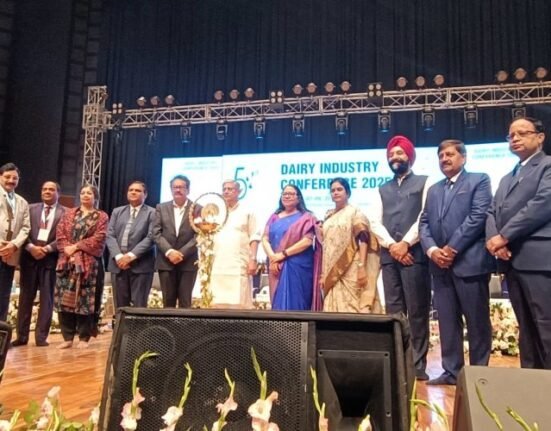Theme: “Feed of the Future, For India, By India”
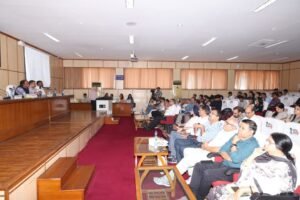
The DDGS Yatra, organized by the All-India Distillers Association with the support of the Department of Dairy Cattle Nutrition, ICAR National Dairy Research Institute, took place on 9th September 2024 in Karnal. Supported by partners such as CLFMA of India, GEMA, and Novo Nesis, the seminar gathered around 150 participants from various sectors.
Inaugural Session:
Dr. AK Samanta, Head of the DCN Division, welcomed the attendees. Dr. Dheer Singh, Director and VC of NDRI, emphasized the importance of sustainable environment practices, net-zero carbon policy and the circular economy. He highlighted India’s efforts to boost bio-ethanol production using cereals like maize and rice. DDGS (Distillers Dried Grains with Soluble) is valuable for producing value-added products and can meet livestock sector challenges by providing quality feed ingredients.
Mr. Sunil Duggal, representing the All India Distilleries Association (AIDA), outlined the association’s activities and the future roadmap for DDGS. He discussed the Ethanol Blending Programme (EBP), aiming for 20% ethanol blending with petrol by 2025/26. Currently, India is at 13.5% ethanol blending, with a target of 15% for FY 23/24. Ethanol is produced from sugar, rice and maize, with DDGS being a by-product of rice/maize ethanol production.
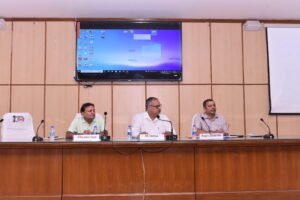
Key Presentations:
DDGS and its Potential:
Mr. Sunil Duggal emphasized DDGS’s nutritional value and its low use in poultry and dairy feeds due to lack of awareness. He addressed quality concerns, highlighting the need for standardization and quality testing, including parameters like moisture, aflatoxin, crude protein and total ash. He mentioned the expansion of maize production and its suitability for ethanol production over other crops like sugarcane.
Challenges in DDGS Use:
Dr. Dinesh Bhosale from CLFMA of India spoke about using DDGS in animal feeds, pointing out challenges like variable quality, oxidation and low lysine content. He suggested using mold inhibitors and maintaining moisture below 12%. He emphasized DDGS’s potential as a high-energy feedstuff and its current usage percentages in animal feeds.
Dr. AK Samanta highlighted transportation, safety, nutrient availability, contamination, oxidized lipids, and salt content as challenges. He advocated for more research to optimize DDGS use in poultry, aqua, and dairy feeds.
Innovative Bio-Solutions:
Dr. Preeti Subhedar from Novonesis discussed biotechnological innovations to enhance the protein content of Corn DDGS, making it comparable to Rice DDGS. She emphasized how bio-solutions can transform low-cost Corn DDGS into high-value products.
This seminar marks a significant step in promoting DDGS as a sustainable and valuable feed ingredient, aligning with India’s goal of achieving a circular economy and supporting sustainable development goals.




